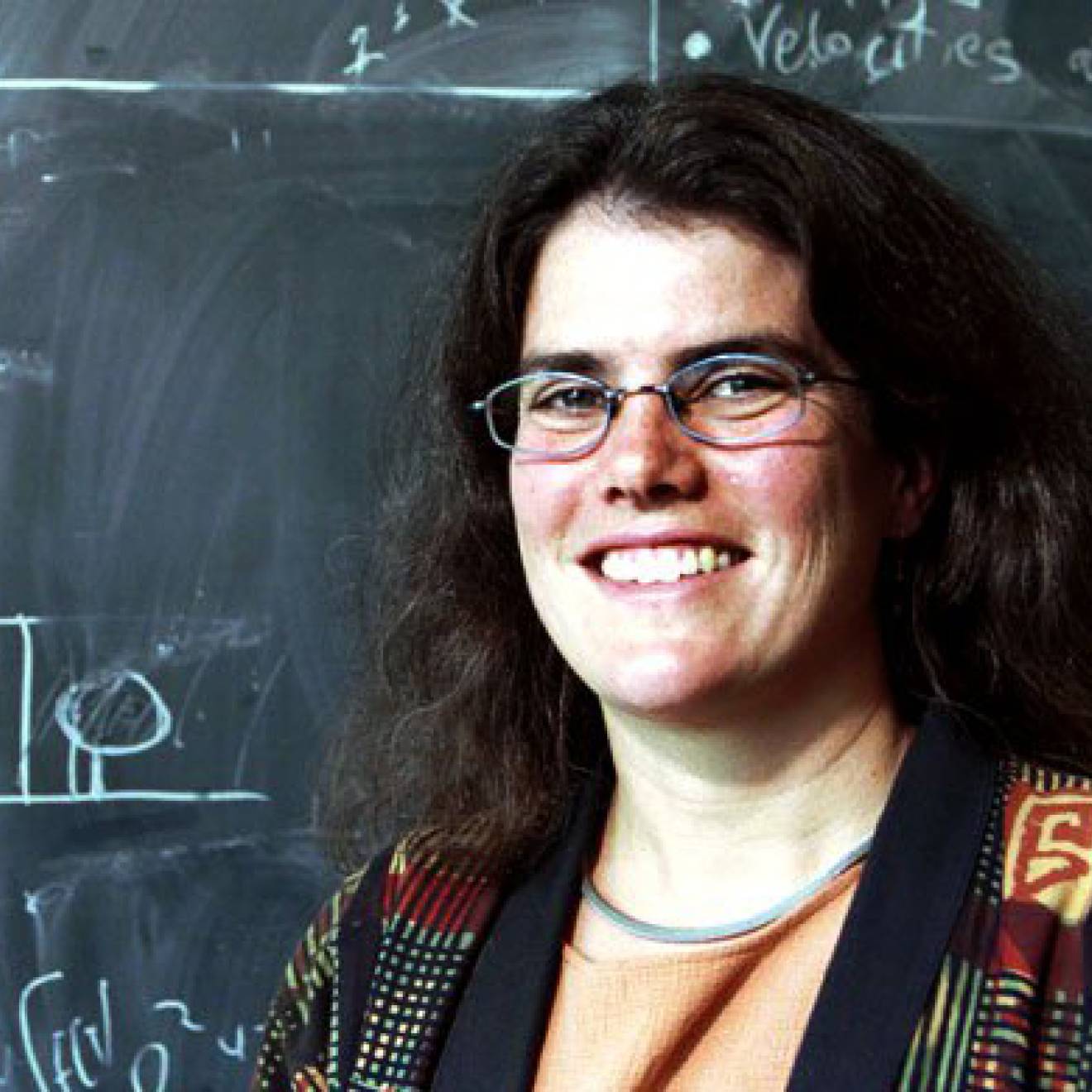Mojgan Sherkat, UC Riverside

Waiting for those tests results? Waiting to hear who won the election? And while waiting, does the feeling of dread start to creep in?

Credit: UC Riverside
Turns out, as the moment of uncertain news draws nearer and nearer, bracing for the worst comes as second nature to optimists and pessimists alike. In a new study called “Even Optimists Get the Blues: Inter-Individual Consistency in the Tendency to Brace for the Worst,” published in the Journal of Personality, Kate Sweeny, psychology professor at the University of California, Riverside, and Angelica Falkenstein, a graduate student in psychology at UC Riverside, find that there are no differences between optimists and pessimists when it comes to potential bad news.
“The tendency to brace for the worst is actually quite common,” Sweeny said.
According to Sweeny, for example, researchers in the past have found that students’ predictions of their midterm grades will become increasingly pessimistic as the news of their grades approaches, patients become increasingly certain that they are riddled with disease as the news from a medical test gets closer, and voters become increasingly pessimistic about their candidates’ chances as election approaches.
“Although this tendency to brace oneself for potentially bad news is common, intuition might suggest that some people are more likely to brace than others — in particular, happy-go-lucky optimists would seem immune to the anxiety and second-guessing that typically arise as the decisive moment draws near,” she said.
Even your perkiest friend braces for bad news
UC Riverside researchers tested this intuition in nine different studies, some involving undergraduate psychology students in well-controlled lab situations (like waiting for scores on a test, or for ratings of their attractiveness from peers) and others involving law graduates awaiting their bar exam results. In each study, researchers assessed a participant’s dispositional — or natural — tendency toward optimism and pessimism, and then examined whether optimists were less likely to brace for the worst as they awaited uncertain news, compared to pessimists.
“Counter to intuition, optimists were not immune to feeling a rise in pessimism at the moment of truth. In fact, not a single study showed a difference between optimists and pessimists in their tendency to brace for the worst,” Sweeny said.
Sweeny said that although this finding may have been surprising at first, it is clear that bracing for bad news has benefits — as this type of well-timed pessimism carries little emotional cost, and it protects people from the harsh blow of unanticipated bad news. “Fortunately, it seems that even the most ardent optimists can temper their positive outlook when it pays to do so.”

